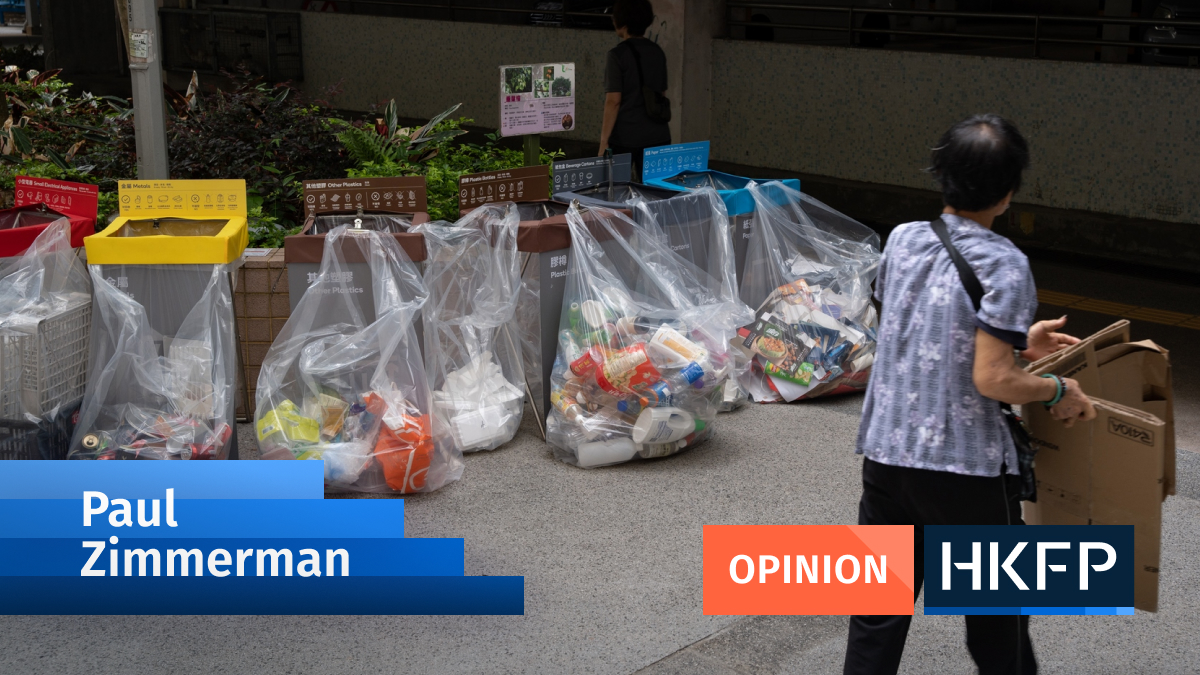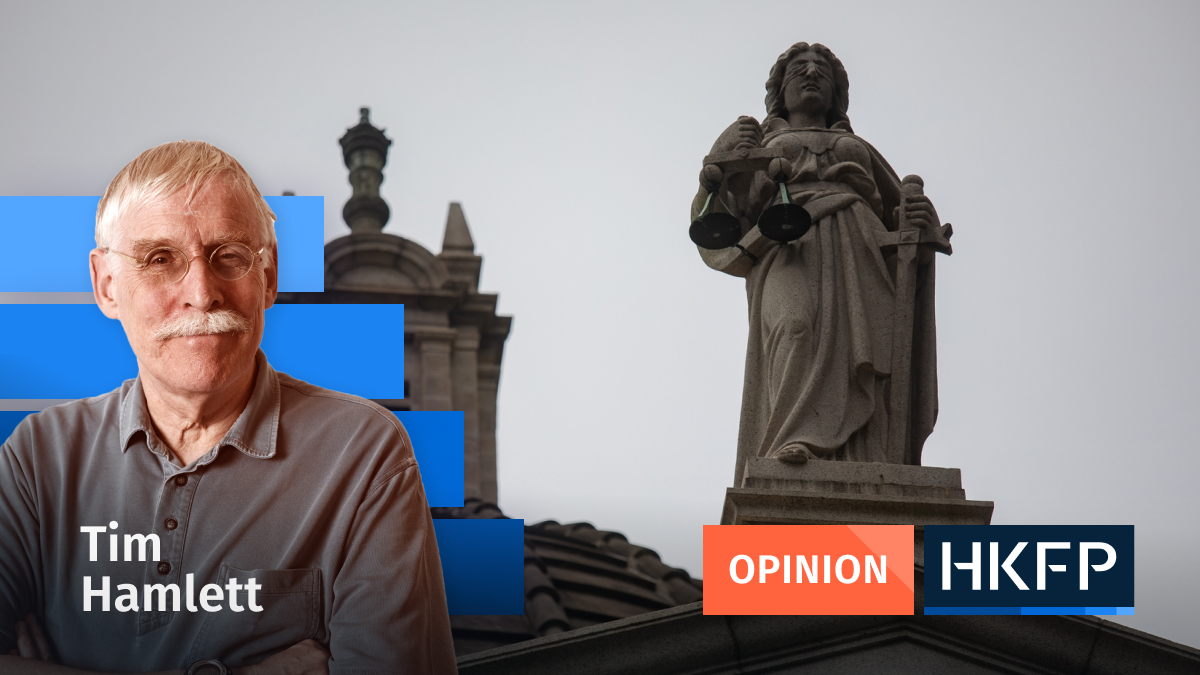The Economist prompted a lot of double takes last week with it cover story describing Taiwan as “The most dangerous place on Earth.” On the face of it, this seemed preposterous. As one of the most successful nations in handling Covid, Taiwan has functioned almost normally without lockdowns whilst enjoying stellar economic growth.
However, looking at the broader issue of potential conflict due to China’s claims on Taiwan and possible US intervention, the headline does raise a very valid issue. Taiwan is both one of the safest places on Earth and one of the most dangerous.

The cover was sensational and provocative, with an image featuring Taiwan on a radar screen as Chinese and US planes headed towards it. Much online criticism focused on how ridiculous the headline was when taken literally. The fact that Covid cases number less than 1,200 and that offices, malls, and streets are packed suggest that Taiwan is anything but dangerous on the ground.
Moreover, the threat from China – which maintains that Taiwan is a part of it and reserves the right to armed force to enforce this claim – has existed for a long time, although provocations have intensified in the last few years. Numerous experts have recently maintained that the threat of conflict is overblown since a Chinese invasion is not imminent. They say that “hyping up” this threat has a detrimental effect on Taiwan’s people and the willingness of friendly nations to aid Taiwan, as well as damaging cross-strait tensions.
However, one must question how true this is.
The Economist asserted that the potential for all-out war between China and the US over Taiwan made the island extremely dangerous. In this sense, it is not wrong especially as other publications have focused on Taiwan as one of the world’s likeliest flashpoints. What makes it even more dangerous than say, Iraq or Syria, is that an attack on Taiwan might bring in the US – resulting in a head-on clash between the world’s two superpowers.
This would be a confrontation unprecedented since World War II and would turn Taiwan into a heavily contested battleground on land, sea and air. If an amphibious landing succeeded, which is not a certainty, fighting would extend to Taiwan’s cities and towns, putting many of its 23.5 million people in serious danger.

Meanwhile, TSMC, the world’s leading contract semiconductor manufacturer, is based in Taiwan with over 90 percent of its production located there. TSMC also makes over 80 percent of the world’s most advanced semiconductors, used by firms like Qualcomm and Apple. Any disruption of its plants would be a huge blow to the world’s tech industry.
In any case, the assertion that worrying about war will weaken the resolve of a people to defend themselves is puzzling. Also, in practical terms, when would be the ideal time to start worrying – when a military armada is massing on the Fujian coast and invasion is indeed imminent?
One can look at Hong Kong where the announcement and imposition of the National Security Law in 2020 came as a major shock to many. After all, Beijing had spent much of 2019 issuing threats but taking little action during the anti-extradition-law protests. It refrained from deploying the PLA or militia members against protesters.
Sceptics of a war scenario describe China’s actions, such as regularly sending warplanes into Taiwan’s Air Defence Identification Zone and dredging sand from Taiwan waters, are “gray zone” warfare – provocative measures that stop just short of direct military action. This is true, but the problem lies in assuming that China’s strategy will remain gray zone warfare.

There is a reason why China has been ramping up its naval shipbuilding to the point where it has more ships than the US and is now the world’s largest navy. Last month the PLA launched three different major vessels on the same day including a new class of amphibious assault ship, the Type 075. One would be complacent in assuming that the development of this massive navy is just for show and will not be used.
The Economist also advises the US and Taiwan to take action to deter China. Taiwan should focus less on purchasing expensive military hardware and devote more effort to asymmetric tactics and arms more suitable to repel an invasion. The US needs to coordinate with allies such as Japan on what to do to help Taiwan, something on which the countries are already making an effort, and present a more credible battle plan.
Taiwan’s military faces several major problems ranging from manpower shortages to supply issues to inadequate conscript training. The military plans to reform its reserve forces but has made no move so far to improve conscript training such as increasing the length of service from its current paltry four months. While reforming the reserves, which provide additional manpower and back up frontline troops during any conflict, is essential, the planned two-year trial which begins from next year would only involve 3,000 of almost 800,000 reservists.
The Economist was not so much claiming that Taiwan itself is dangerous, but that the potential for a war between China and the US over the island is the biggest danger the world faces today. In that sense, its cover headline is not as ludicrous as some might think.
Support HKFP | Policies & Ethics | Error/typo? | Contact Us | Newsletter | Transparency & Annual Report | Apps
Help safeguard press freedom & keep HKFP free for all readers by supporting our team
| HKFP is an impartial platform & does not necessarily share the views of opinion writers or advertisers. HKFP presents a diversity of views & regularly invites figures across the political spectrum to write for us. Press freedom is guaranteed under the Basic Law, security law, Bill of Rights and Chinese constitution. Opinion pieces aim to point out errors or defects in the government, law or policies, or aim to suggest ideas or alterations via legal means without an intention of hatred, discontent or hostility against the authorities or other communities. |

More HKFP OPINION:
HKFP has an impartial stance, transparent funding, and balanced coverage guided by an Ethics Code and Corrections Policy.
Support press freedom & help us surpass 1,000 monthly Patrons: 100% independent, governed by an ethics code & not-for-profit.










